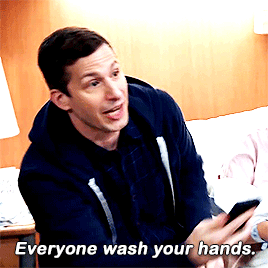
The doctor said the words—MECP2 duplication syndrome—and handed her a paper filled with codes and terms that meant little in the moment, except for one thing: everything had just changed.
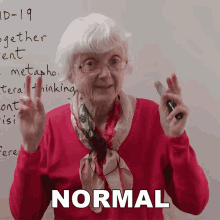
She drove home in shock, opened her laptop, and did what every parent does. She googled. The internet gave her worst-case scenarios: he might never walk, talk, or live past a certain age. It was crushing.

And then life, messy and stubborn, kept going.
Dylan, now 15, did walk. He took his first steps around age three and loved pushing grocery carts down wide aisles like any toddler on a mission. He went to pre-K and adored school. But when he was seven, the seizures began.
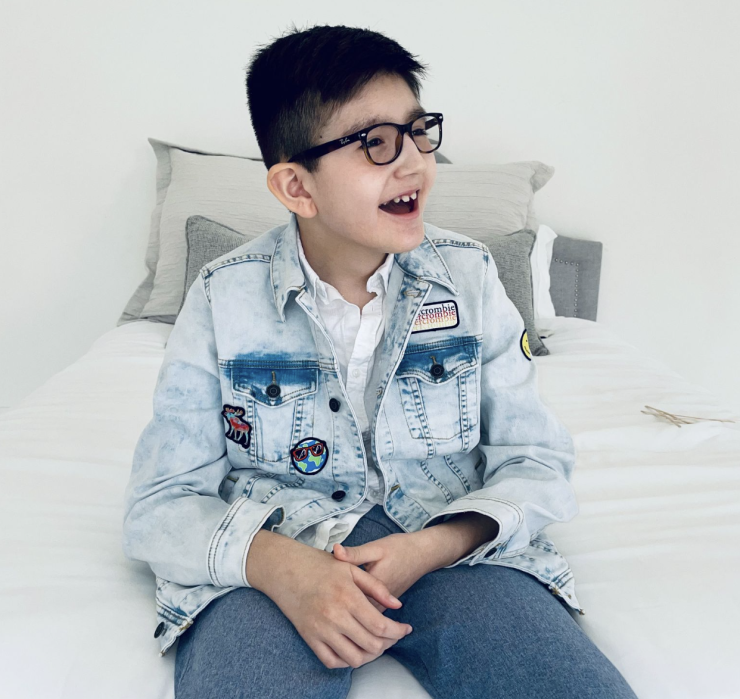
MECP2 duplication syndrome often brings intractable epilepsy, and so it was with Dylan. The progress they had celebrated felt like it was slipping. Natalia learned to become not just a mom, but a nurse, care coordinator, and advocate, managing oxygen, a g-tube for nutrition, seizure meds, and a vagus nerve stimulator (VNS) implanted in his chest.
MECP2 duplication syndrome is progressive. For Dylan, it has meant intellectual disability, low muscle tone, seizures, respiratory challenges, and cortical visual impairment.
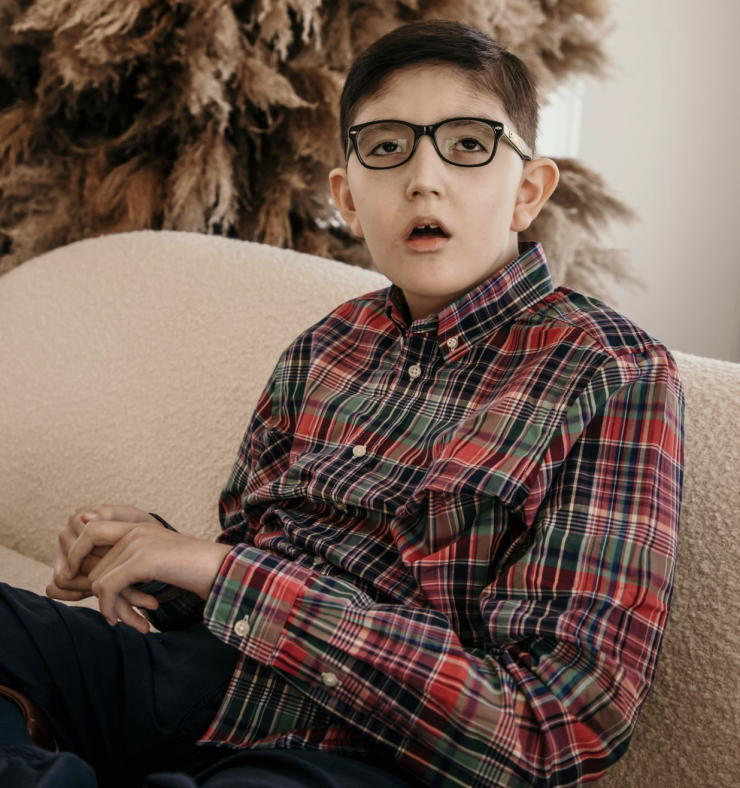
Crowded spaces can be overwhelming, so most days are spent at home, where school services and therapies come to him on a predictable schedule. He’s a big kid now, 125 pounds and 5'7", and while his body has grown, some things are beautifully unchanged. Dylan is an old soul who loves music, especially Johnny Cash and classic country, and he is obsessed with trains.
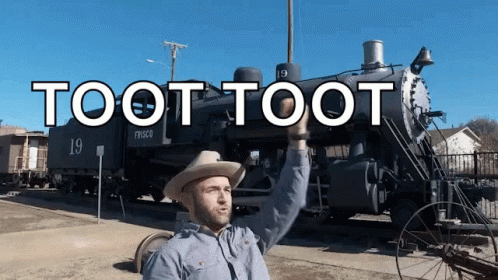
There’s even an overhead train in his room that runs its loop while he watches train videos.
If you ask Natalia what keeps them going, she’ll tell you it’s love and a plan. Early on, she was a single mom trying to navigate an unfamiliar world. Her parents became her support system, the people who stepped in so she could step out for an hour to breathe, grab coffee, or just listen to music in the car. She found her people, other “medical mamas,” including moms raising kids with the same rare diagnosis.
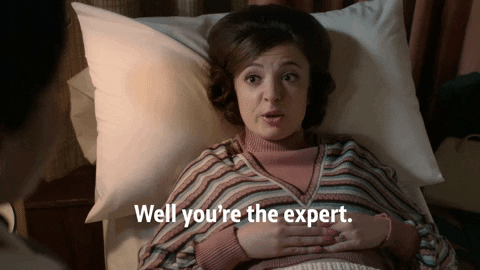
Together, they asked questions, traded tips, and shared the hard days without judgment. She and a friend even started a podcast, Medical Mama Drama, to tell the truth about seizures, specialists, and the everyday wins that never make the headlines.

At home, things can be tough. Dylan’s room doesn’t connect to his bathroom. For years, Natalia did what she had to do: lifting her teenage son onto her back and walking him down the hallway to a bath chair, then back again, multiple times a day. She kept doing it because that’s what moms do.
But the fear grew as he got bigger: What if he had a seizure while she was carrying him? What if her back gave out? What happens to Dylan if she gets hurt?
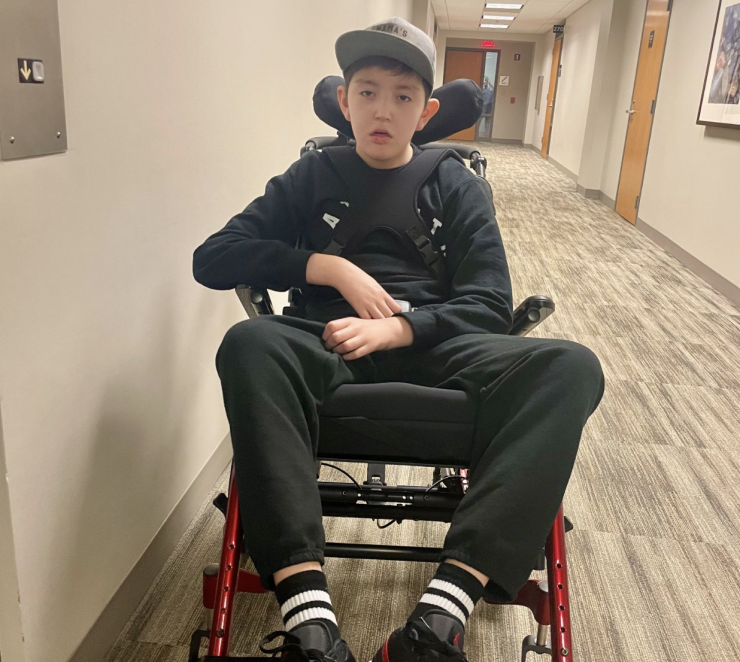
Those questions are what led Natalia to apply for a grant from Chive Charities for an in-home ceiling lift system that runs on a track. The plan is simple and life-changing: a powered rail that can safely move Dylan from his bed to a chill-out chair for pressure relief, and down the hallway to his bathroom. The total impact was $30,355.
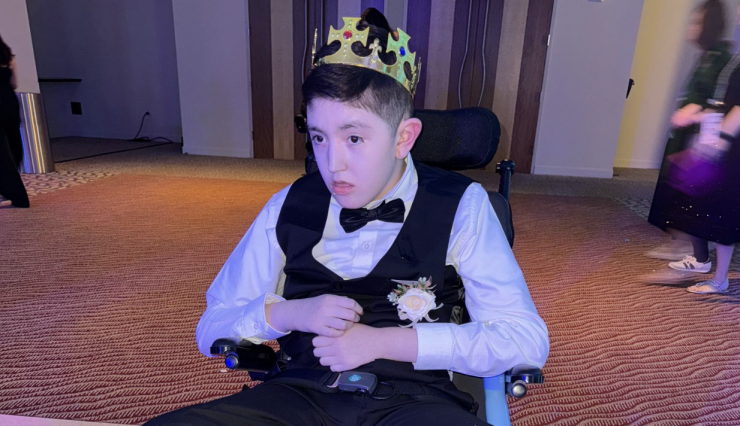
When she learned the grant was approved, Natalia and her mom cried. Not because the fight was over—MECP2 doesn’t work that way—but because they were finally on the right track. The lift won’t change Dylan’s diagnosis, but it will change their days.
It means safer baths and faster transfers. It means grandparents can help without worrying about getting hurt. It means less anxiety during seizures and more confidence doing the routine things that make a home feel like home.

If you’ve never watched a ceiling lift in action, it’s not flashy. It’s quiet, steady, and dependable, exactly the kind of help families like Dylan’s need. It turns a hallway into a path and a bedroom into a launch point. It’s a track designed for the long haul.
That’s what your giving does at Chive Charities.
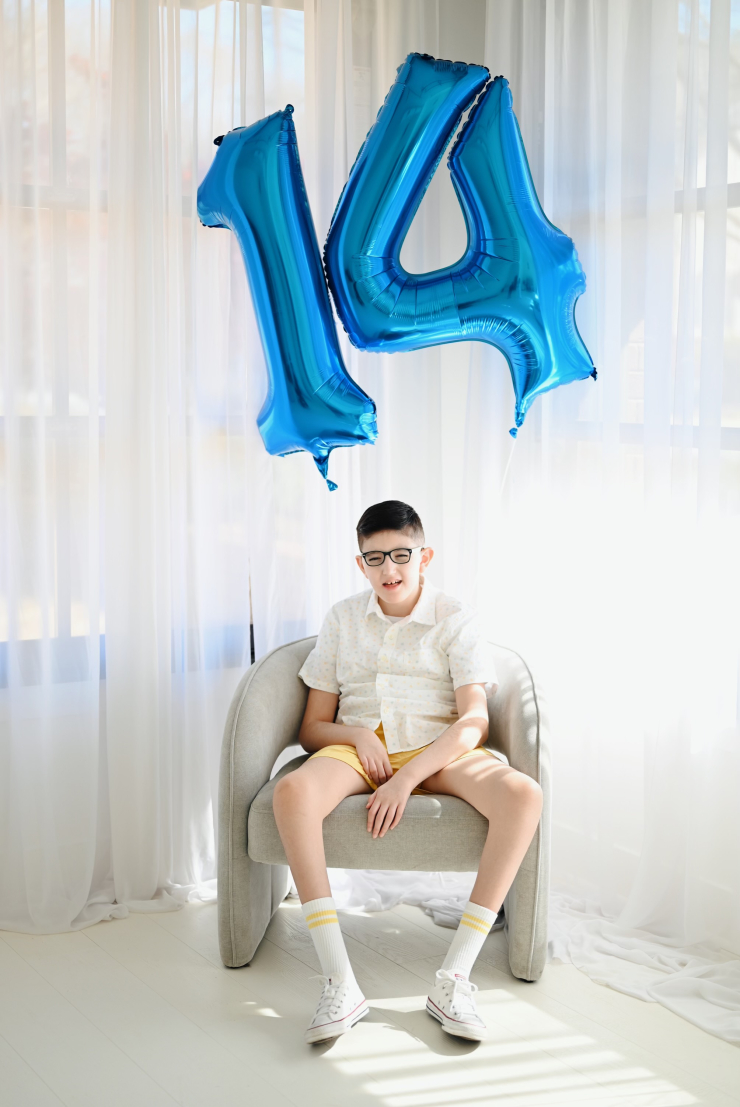
Today, Dylan’s room sounds like movement. Music plays. The overhead train loops above. The new track will soon glide him from bed to bath and back again.
Natalia will keep doing what she’s always done, loving him, advocating for him, and finding community so no one has to go it alone. She’ll keep recording Medical Mama Drama so newly diagnosed families can hear a voice saying, “You’re not alone. Here’s what helped us.”

And Dylan will keep being Dylan, sweet, expressive, and absolutely clear about what he likes and doesn’t like, the way teenagers are. He may not use words, but he communicates just fine with a glance and a grin.
If you’ve ever wondered whether a donation makes a difference, this is your answer.
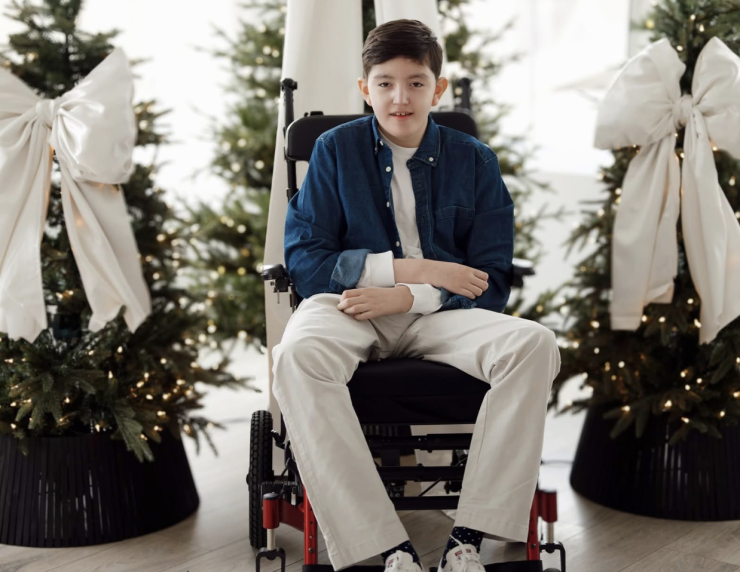
If you want to help us get more families on the right track, you can donate today to Chive Charities so we can fund the next ceiling lift, the next adaptive chair, the next piece of equipment that keeps a child safe and a family whole. And if you’re a caregiver looking for connection, check out Medical Mama Drama for real talk and hard-earned hope.
Movement matters. Let’s keep it going and help put the next family on the right track. DONATE HERE.





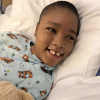




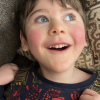

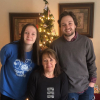
































































































































































-3__small.jpg)












































































































__small.jpg)










__small.jpg)






















































































_with_flag,_jason__emily_rowley-4__small.jpg)

































































































































-2__small.jpg)


























































































































































